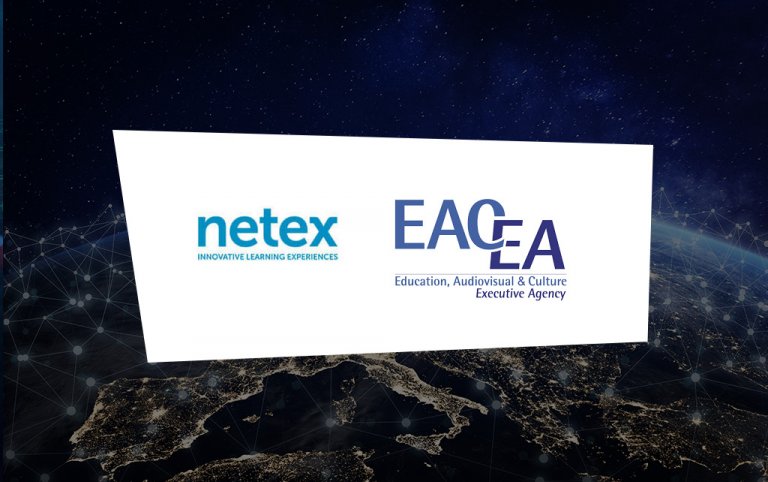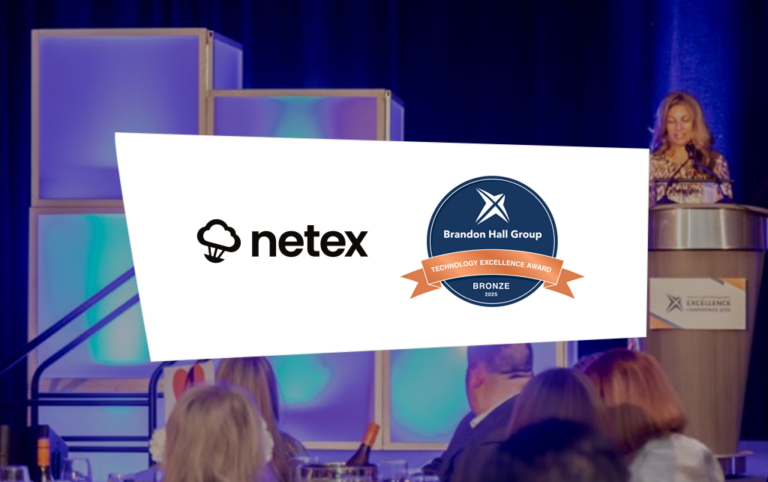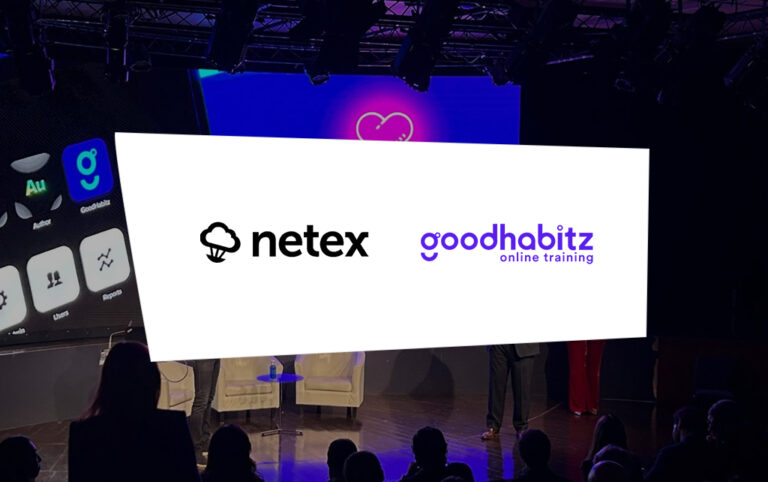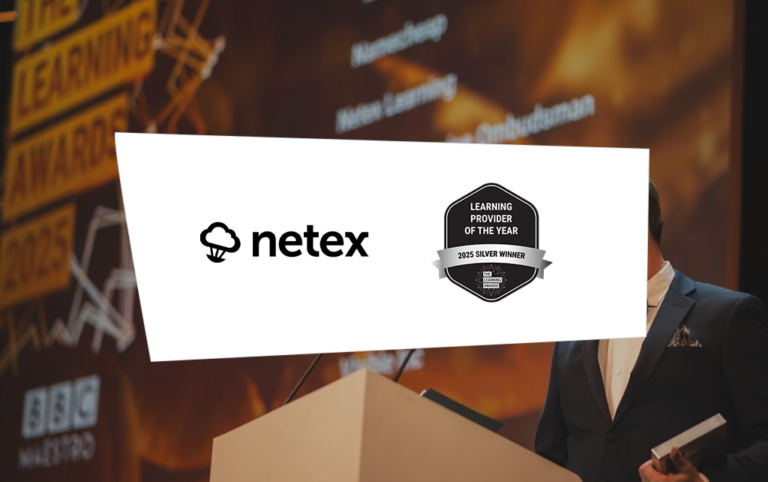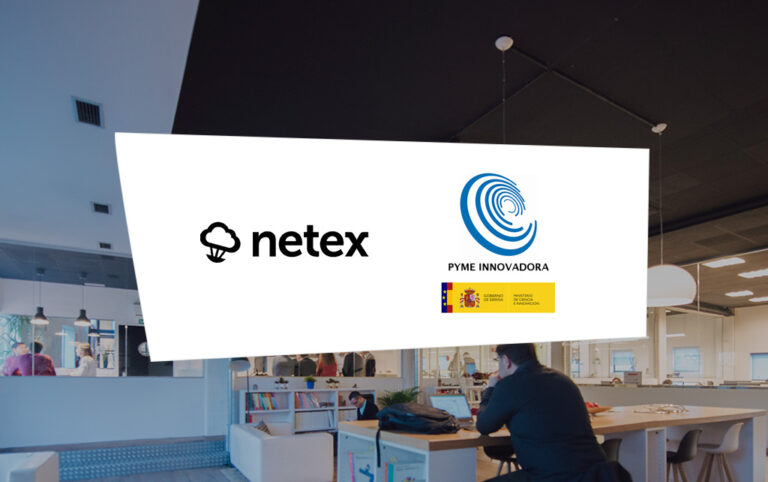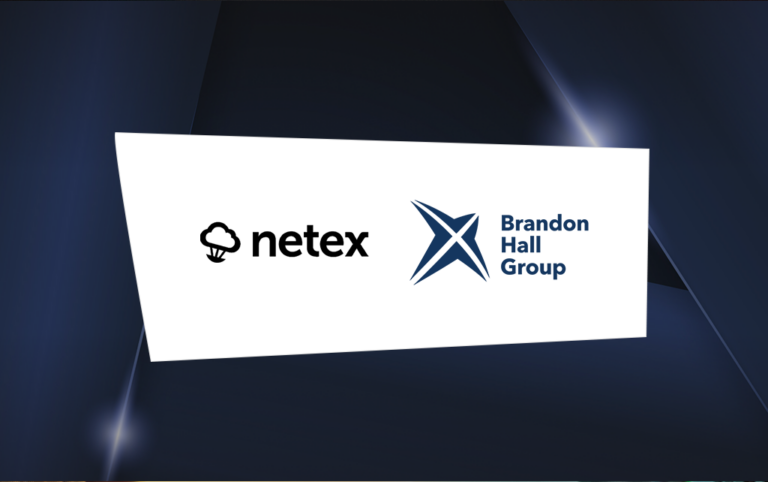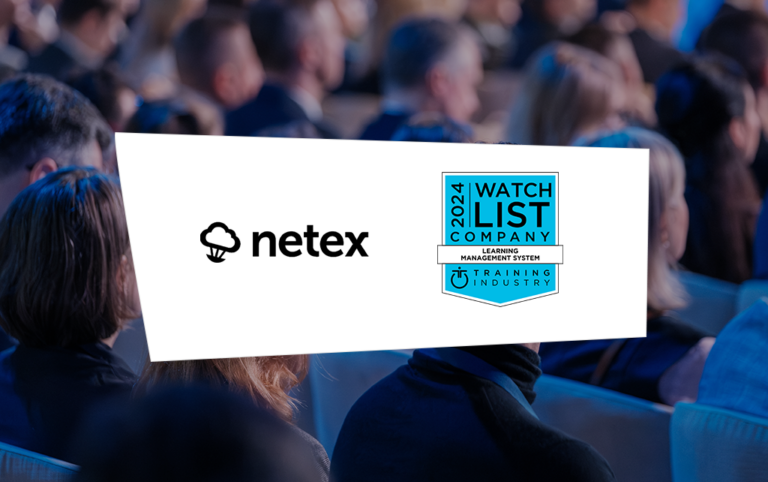The Education, Audiovisual and Culture Executive Agency (EACEA), which is supervised by the European Commission and manages funding for education, culture, audiovisual, sport, citizenship and volunteering, has awarded to the Consortium in which Netex participates a grant of one million euros to develop the project ‘Improving Educational Innovation, Competitiveness and Quality of Higher Education through Collaboration between University and Companies (Educational Knowledge Transfer)’.
The Project, in which ten companies and Higher Education institutions from six European countries participate, is part of the Erasmus+ Programme of the European Union, within the “Key Action 2: Cooperation for innovation and the exchange of good practices”, whose specific action “Knowledge Alliances” seeks to foster “cooperation between higher education institutions and companies”.
The Consortium is formed by a strategic triangle configured by educational centres (schools and teachers), universities (Faculties of Education and researchers) and technology-based companies and technological institutions (specifically those that offer services and e-learning resources), which will work to establish collaborative dynamics of knowledge development based on teaching innovation, educational research and technological development.
The Project is a comprehensive proposal aimed to address EU educational policies and priorities of the Knowledge Alliance and is contextualised in the Faculties of Educational Sciences and in particular in the official studies of Initial Teacher Education (ITE) in Kindergarten, Primary and Secondary Education. Experience and the studies carried out on teaching practice show that the training experience can be improved, and this improvement can be implemented through the application of resources and services, delivered through e-learning.
Therefore, with the objective of promoting reflective learning, collaboration, interaction, monitoring, and counselling, key processes in the training of future EU teaching professionals, the Consortium will address the educational needs of in-school teaching practice and develop e-learning methodologies and solutions, testing them in real contexts and, as a consequence, produce new e-learning services and resources that enhance higher education, expanding in turn the ability to transfer and competitiveness of companies.
